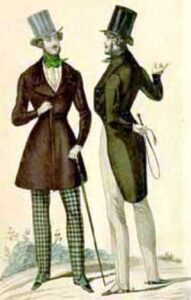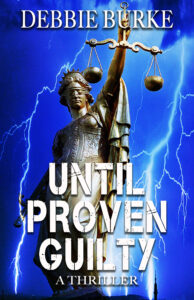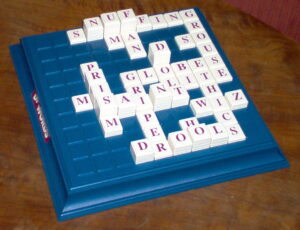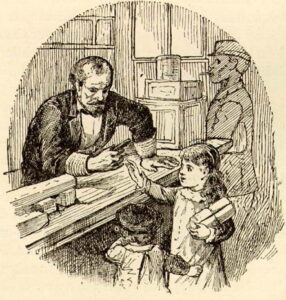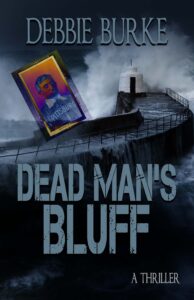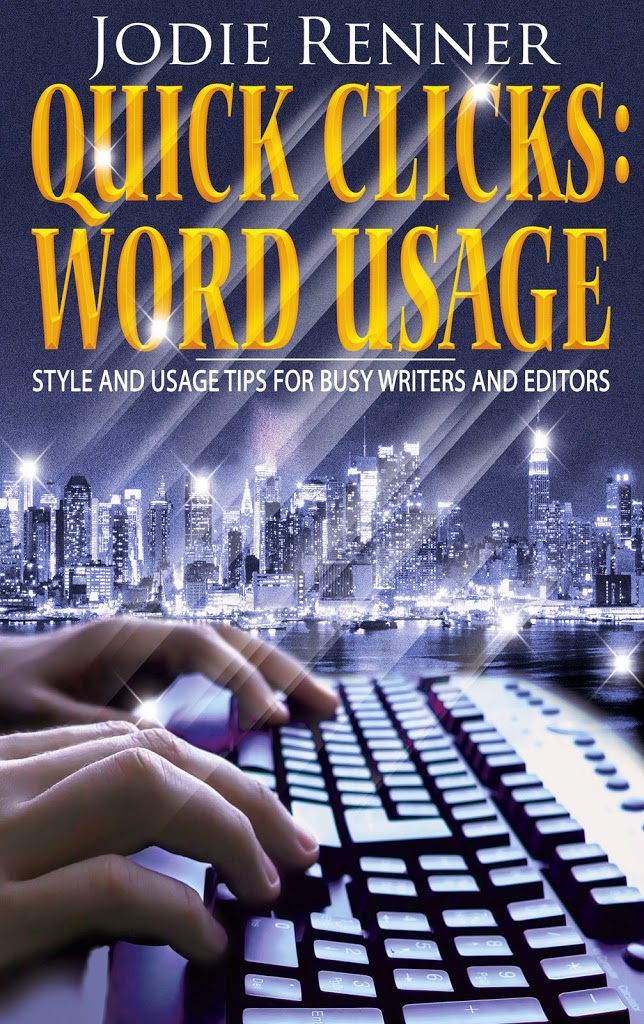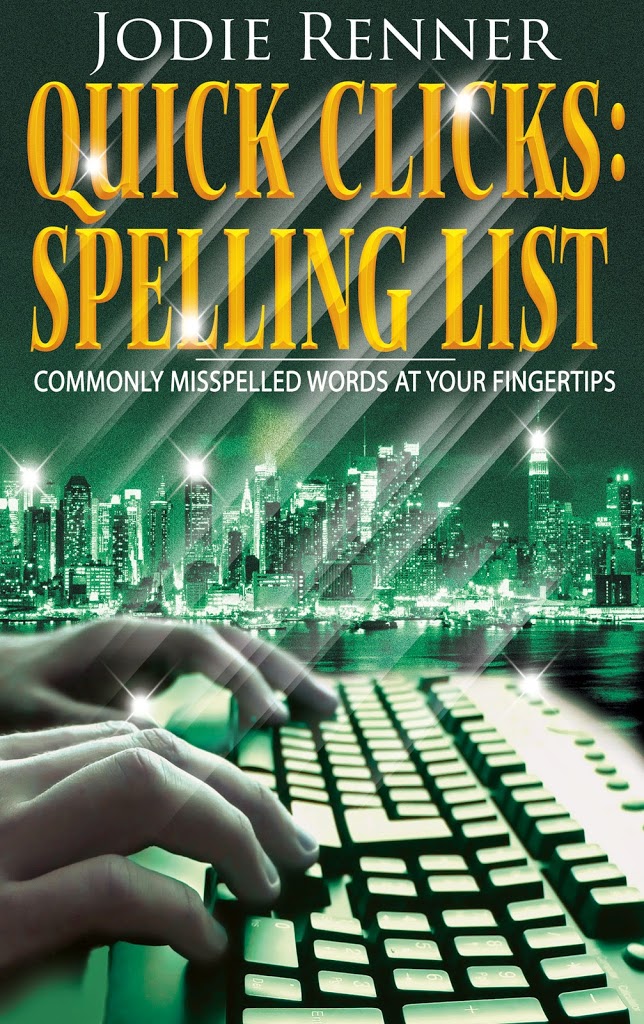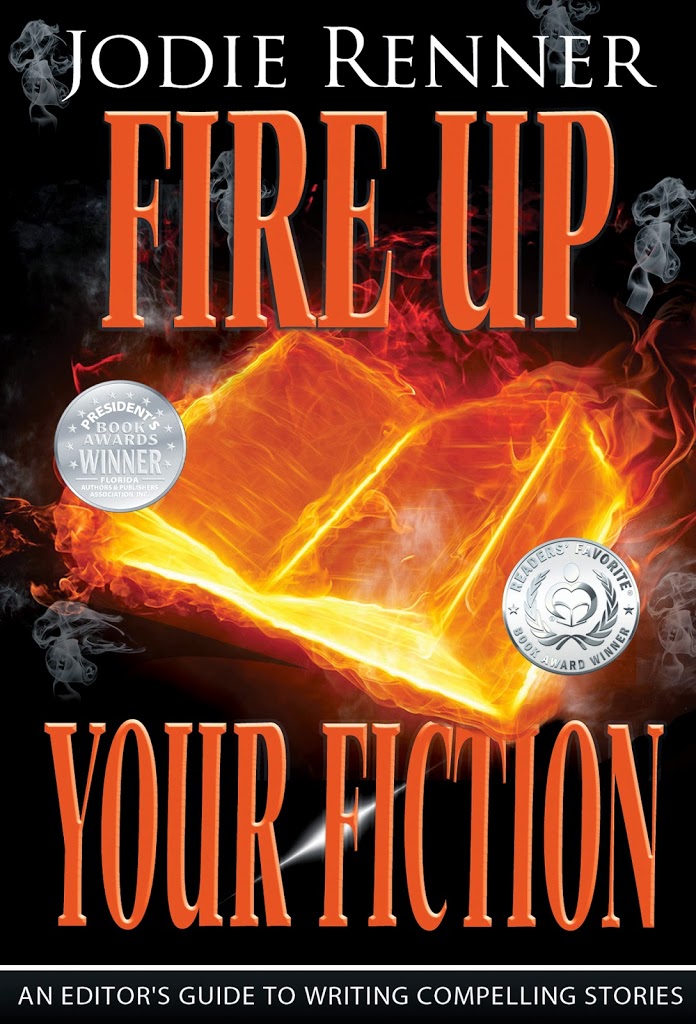by Debbie Burke
A Japanese-born friend recently gave me a new challenge that pushed me to closely examine how to use words, language, nuance, and idioms.
Yoshimi Yamamoto-Derks had been asked by her former teacher to translate his writings from Japanese to English. He is a Nature Essence producer and the subject was essences, described on this website. His series of short essays was a combination of poetry and philosophy meant to expand one’s thinking and emotions in more positive directions assisted by the use of various essences.

Yoshimi Yamamoto-Derks
Yoshimi also works with flower essences, as described on her website Inspired Energy Healing. In this photo, she demonstrated her techniques to me in the middle of a canola field in full bloom.

Yoshimi Yamamoto-Derks and Debbie Burke
When we initially talked about her translating job Yoshimi explained some concepts were already difficult to comprehend even in her native tongue. She asked me, “If Japanese people have a hard time understanding, how can people who speak English understand?”
Simply plugging Japanese characters into Google Translate to change the words to English wouldn’t work. A simple translation like “Where is the restroom?” is concrete and straightforward. But philosophical and emotional concepts are intangible and difficult to verbalize.
Yoshimi’s comprehension of English is excellent, especially in subtle differences of tone and nuance. But she was struggling with effective ways to express her teacher’s poetic writings. After she translated his essays from Japanese to English, she asked me to review the English version for comprehension and readability.
She sent a four-page Word doc which I red-penned, rearranging sentences for clarity and flow, deleting or changing a few words. But I still had a number of questions, so we met in person to discuss them.The screen shot below is blurry but shows the many strikethroughs, as we reworked the descriptions.

Each essence has a name that describes its purpose. For instance, the essence “Mercury 360 Degrees” improves communication. “360 degrees” refers to the ability to look in every direction for understanding.
Yoshimi’s initial translation read: “As if today were the very first day it was born, communication between people and between beings flows directly.”
The subject of the sentence needed to be more specific than “it.” We decided it meant communication and the writer was describing how communication begins. After rearranging the word order, we came up with: “If today were the first day of birth, communication flows directly between people and between beings.”
The next paragraph was more difficult: “Be free from any influences and transcend the filters of the world I create, and just to listen from anyone, and to create relationships in a new paradigm beyond illusion.”
We split those thoughts into two sentences and used parallel construction to make them easier to understand.
“Transcend the filters of the world I create to be free from any influences. Listen to everyone and create relationships in a new paradigm beyond illusion.”
Another essence name was “Respectful Concession.”
Original version: “Not to forget respect equally to everyone who you encounter and see.”
That one was easy: “Remember to equally respect everyone you encounter.”
Flame Sword essence said: “I cannot stay as I am. I would like to accomplish myself.”
Hmm. How does one accomplish oneself? In Japanese, the phrase works. But in English, the verb accomplish acts on the object myself, which doesn’t make grammatical sense.
Revision: “I cannot stay as I am. Without accomplishment, I cannot complete myself.”
The description goes on: “Burning away everything that appears in my path without hesitation, an unstoppable flame of complete accomplishment.”
After reworking: “An unstoppable flame of accomplishment burns everything in my path without hesitation.”
The next section titled “Retraction” was particularly tough:
“I have been bound by what I said and swore previously, remove the wedge from the ‘castle in the sand’ that I have built upon it.
Retract all what I said and swore that had created my world, and return to ‘myself’ that it is possibility itself.”
A comma splice in the first sentence joined two distinct thoughts that didn’t link to each other.
The first was how past statements restrict present thoughts and ideas. Okay, that’s easy enough.
But the “wedge” and “the castle in the sand that I have built upon it” stumped us. What did wedge mean? Driving a wedge into sand didn’t make sense because as soon as the wedge is removed, sand immediately fills the empty space. A castle built on sand indicates a lack of strong structure to support it. Was the wedge meant to represent a metaphorical Jenga game? Could a wedge be removed without the whole sandcastle falling down?
Yoshimi texted the writer in Japan, which is 15 hours ahead of our location in Montana, and asked him what he meant. A short time later, he texted back a photo of the interior wood framing of a building. An arrow pointed at the wedge, which is evidently Japanese construction jargon for a support piece that holds framing together.
He also included an example sentence: The business plan was built like a castle upon sand.
Okay, that matched our initial impression of a flimsy, unstable foundation. Once we removed the troublesome word “wedge” from the concept, it made much more sense in English.
Revision: “I have been bound by what I said and swore previously. I built a world out of illusions and now I must repeal those illusions to return to the possibility of myself.”
We also changed the section name from “Retraction” to “Repeal.”
Blue Dragon Eyes essence helps to:
“Discern what is not me and cut away and purge unnecessary energy.”
Because energy is generally perceived as a positive quality, the adjective unnecessary gave the wrong connotation. We consulted the online Thesaurus for better descriptors. We found superfluous, excessive, needless, exorbitant, etc. None sounded right.
I mentioned the English idiom of “spinning one’s wheels.” That means expending energy uselessly while accomplishing nothing. Yoshimi agreed that was the correct concept. We kept digging deeper in the Thesaurus. Unproductive, pointless, wasted, unprofitable. We finally settled on two possibilities: Unproductive or fruitless (which was more in keeping with the poetic style).
Yoshimi’s final revision: “Discern what is not me. Cut away and purge unproductive energy.”
The last example turned out to be funny.
Essence name: “Start to Create the New World.”
“You pen visions you truly desire.”
To me, you pen visions means that you write down your deepest wishes to help make them come true. I explained that pen can be used as a verb in a poetic, somewhat archaic way to say write. For about 10 minutes, we talked about how to preserve the poetry in the writer’s thoughts yet still be clear to the reader.
Then Yoshimi reread the sentence again. “Oh!” she said. “That’s a typo. Pen should read Open.” We had a good laugh over how one small typo can inadvertently take on significance that was never meant.
After more than two hours, we had taxed our brains to the max.
As TKZers are aware, expressing yourself in your native language is challenging enough. Trying to understand and accurately interpret idioms, jargon, shades of meaning, nuances, and connotations is difficult. Converting them to a different language requires a whole ‘nother level of concentration and contemplation.
Even one word can change the meaning of a sentence. “Purge unnecessary energy” is quite different from “Purge unproductive energy.”
This exercise taught me insights into divergent thought patterns and styles of expression. Explaining the subtle underlying meanings of words and ideas forced to me sharpen my own verbal skills to make my explanations clear, accurate, and understandable.
Years ago, I worked at a business with mostly Spanish-speaking employees. One day, a young man named Ricardo was trying to describe how angry the business owner had been with an especially troublesome customer. Ricardo said, “The boss look like he was going to eat him.” You couldn’t say it more clearly and vividly than that!
One final essence is called “Repose in Dream.”
After our brain workout, Yoshimi and I both reposed well in dreams that night.
~~~
TKZers: If you speak another language, what concepts, words, or jargon do you find difficult to express?
Please share your favorite idioms.
~~~
Limited time Summer Special! Try Instrument of the Devil, the first book in the Tawny Lindholm Thriller series for FREE! If you like it, binge on more fast-moving adventures featuring the spirited, intrepid investigator. 
Coming soon! Fruit of the Poisonous Tree, Tawny Lindholm Thriller #9

Cover by Brian Hoffman



